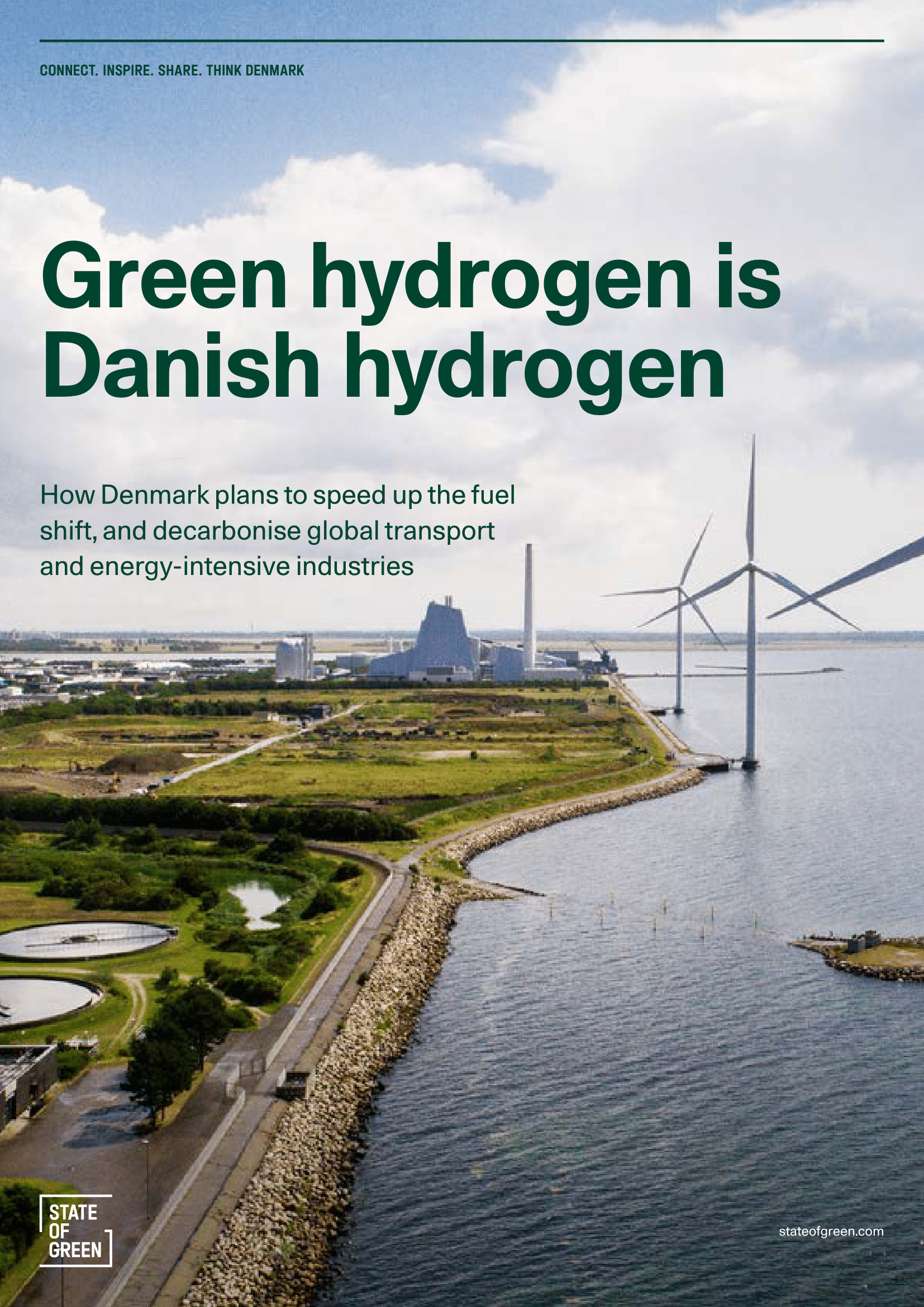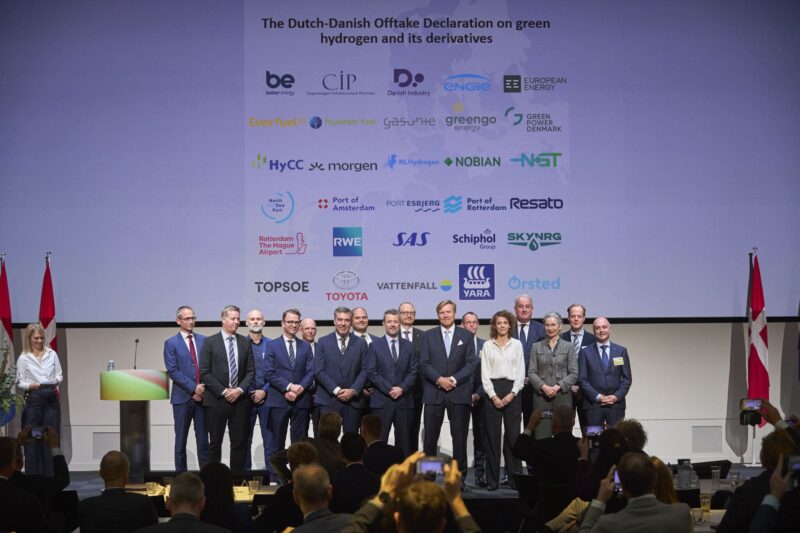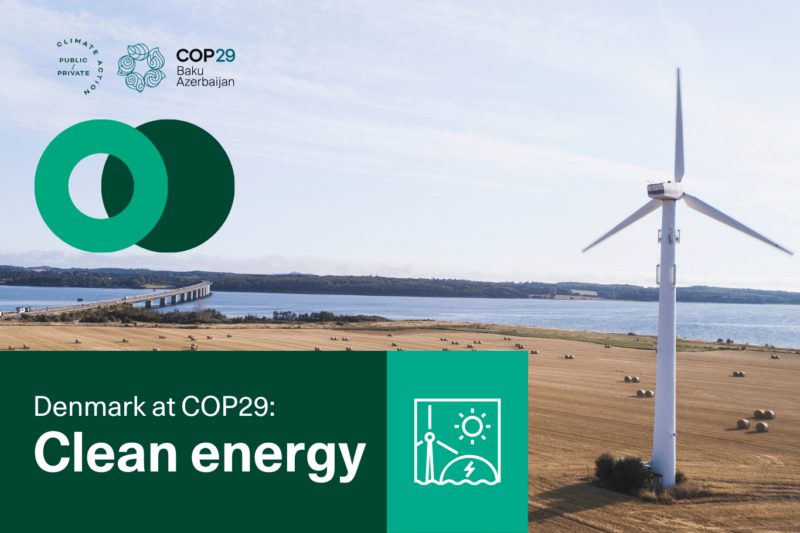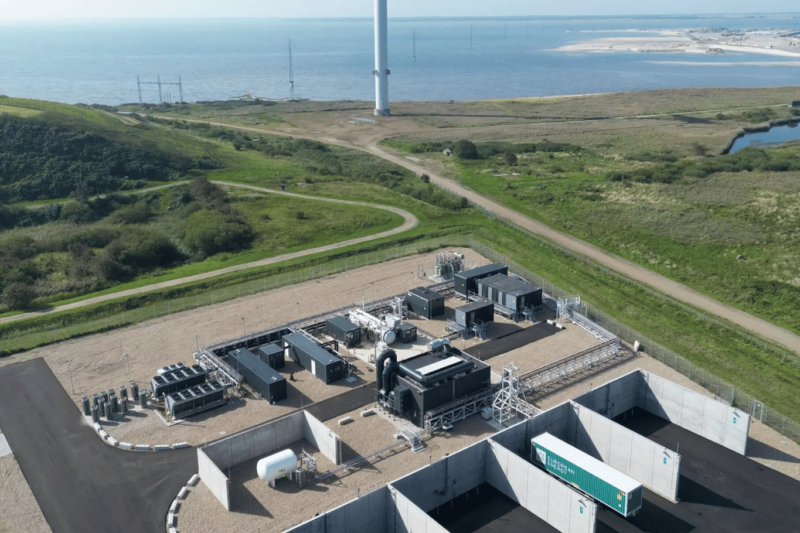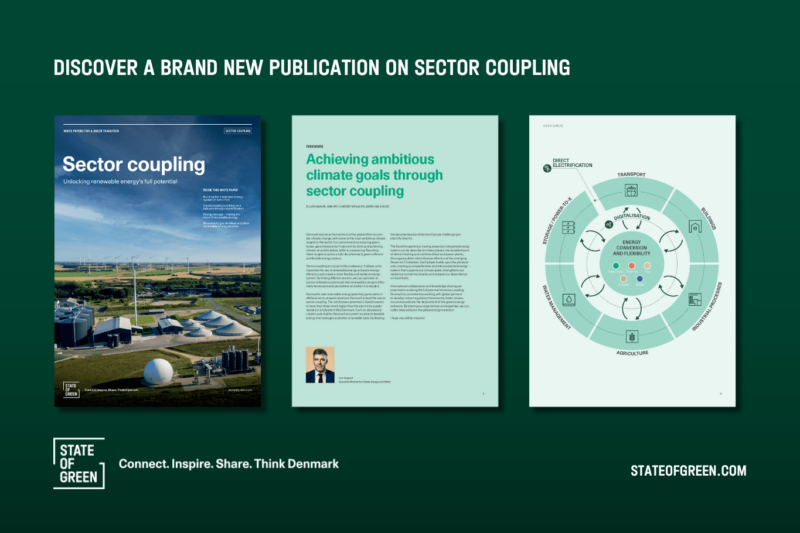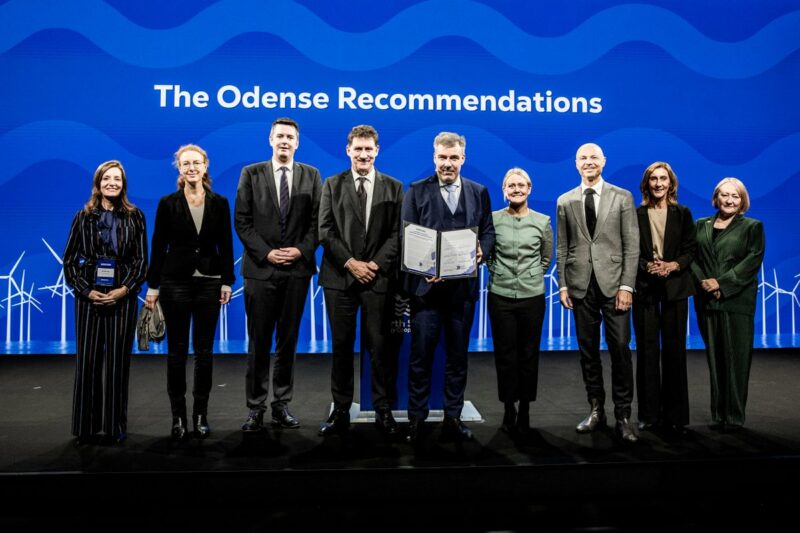Measures to foster lifelong learning
Firstly, it is important that young people are introduced to educational opportunities within green industries and technologies. The green transition requires that important skills are integrated into the Danish education system. This is already a focus area for Danish higher education institutions.
A recent analysis shows that 65 percent of Danish higher education programmes provide students with important skills for the green transition, including those critical for producing hydrogen. Furthermore, Denmark has a well-established adult education, training and lifelong learning system. Reskilling and upskilling the workforce helps to ensure that employees possess the skills that are in demand in the labour market and enable people to make career changes during their working life.
Safety as standard
The rise of an entirely new industry requires safety and standardisation across all areas of implementation. Safety is a Danish stronghold, and both public authorities and private companies alike work hard to secure the safe industrywide application of new hydrogen technologies, certification, and standardisation. This is a testament to the Danish focus on health and safety in industrial development in both a Danish and global context.
Community support for societal changes
As the green transition offers new opportunities for all citizens it also requires cooperation and support from the public. Climate and energy rank highly among the political priorities of the population, which means that there is general support for new, green initiatives. Even so, securing public acceptance of the concrete measures that will bring about the green transition is imperative for its success.
This is why public consultations, town hall meetings with local communities, and constructive dialogues are central to the expansion of big infrastructure projects like wind farms. These kinds of community contracts ensure that local communities are heard and can impact project developments. Transparent communication, green responsibility, and creating local beneficial growth are at the core of the transitional shift.


